Individual Therapy
Most people who seek therapy are in some type of pain. All people who pursue therapy want to grow and improve their life.
Do any of these scenarios sound familiar to you?
Life is becoming unmanageable… Have you been wondering what it might feel like to not feel so frustrated with yourself or ashamed of your struggle? Maybe you are struggling with anxiety or depression that is interfering with your ability to maintain your relationships, or is a direct result of a relationship ending. It could be that your struggles with low self-esteem and self-worth are blocking you from success or happiness. Anxiety and depression can take on many different forms, they often overlap, sometimes having an identifiable cause and sometimes not. What we do know about anxiety, depression and other mood disorders is that these conditions see improvement with therapy focusing on root causes and coping skills.
The world feels SO heavy ALL the time…. Over the last several years many clients have come to me feeling distressed by the current political climate. Political polarization can have a massive impact on our ability to relate to our family, friends or coworkers. Constant exposure to political stress has an associated risk of anxiety, depression, addiction, and relationship deterioration. Internal struggles with our relationships, environment, life transitions, and career stress can deeply impact our mental health. It impacts our ability to self-reflect, achieve goals, and accept limitations. We can explore these issues in therapy by working on acceptance, identifying needs, improving congruence with ourselves and our environment.
I don’t know how to help you… How do you deal with an unstable partner or family member? You may be tempted to repeatedly urge, plead or even threaten your partner or family member into seeking treatment. Unfortunately, this often results in a breakdown of communication and the person shutting you out. It’s hard to see someone you love in pain and it’s confusing when someone you know well is not acting like themselves. Seeking support for yourself is vital in being able and available to support your loved one. This can look like learning better ways to communicate with them, conflict management, boundary setting, and validation from a trained professional who knows what it feels like to be in your shoes.
This relationship is so toxic…. Have you ever wondered why you continue to engage in relationship dynamics that don’t feel healthy or productive? Sometimes childhood traumas show up later in life by creating unhealthy communication patterns which can cause us to self-sabotage in relationships. Patterns of emotion dysregulation, people-pleasing, negative belief systems, conflict avoidance or difficulty with drawing boundaries can be a result of emotionally immature parenting. An emotionally immature parent is one who doesn’t welcome self-reflection, they use defense mechanisms to cope, pull away from emotional closeness, and rarely accept blame or accountability. This can look like a rigid and controlling parent, a highly sensitive and reactive parent, a parent who has inconsistent or non-existent boundaries or a parent who is passive aggressive or neglectful of their child's needs. When a parent is emotionally immature, they are often parenting from a place of their own trauma. It helps to recognize that unresolved trauma is what perpetuates from one generation to the next generation. Working with a therapist who is well versed in attachment theory can help you identify the ways in which your attachment style may be negatively affecting your relationships.
If any of these scenarios feel like you, then you’re in the right place. All of these issues impact us in profound ways, and they definitely impact our ability to have happy and healthy relationship. Therapy is a collaborative process where we work together to make your life better. Together we will explore your behaviors, feelings, and thoughts to help you better understand yourself and others. We will look at where you want to be and how you want to be in your life, and work toward healthy changes to move you in that direction. With over a decade of experience in mental health and substance use disorders I am trained and certified in a variety of treatment modalities. These evidence-based treatment modalities have been utilized for many years to have a successful impact on your well-being.
What you can expect with me:
My goal in individual therapy is to get to know you from the context of your world. I’ll ask questions about your background, social life, family relationships, belief systems, and the specific concerns you have. You will always determine the content we discuss and the level of detail explored. I help you work through the struggles or shame associated with your concerns by emphasizing connecting and self-compassion. Throughout our work we may collaborate on homework exercises for you to do outside of the session to build and maintain growth. If homework isn’t your thing, that is okay too. With me, you’re in a space where you can talk about the taboo, the awkward, and the real.
Common Themes in Individual Therapy:
Depression or mood disorders
Self esteem or self care
Anxiety or stress management
Sex worker friendly
Trauma
Relationship issues
Worldview and politically induced stress
Financial stress and career burnout
Empowerment
Attachment issues
Sexuality or intimacy concerns
Substance use issues
This is a practice that is intentional about providing and maintaining a safe and culturally competent space for BIPOC individuals; we are LGBTQIA+ allied, and trans affirming.


